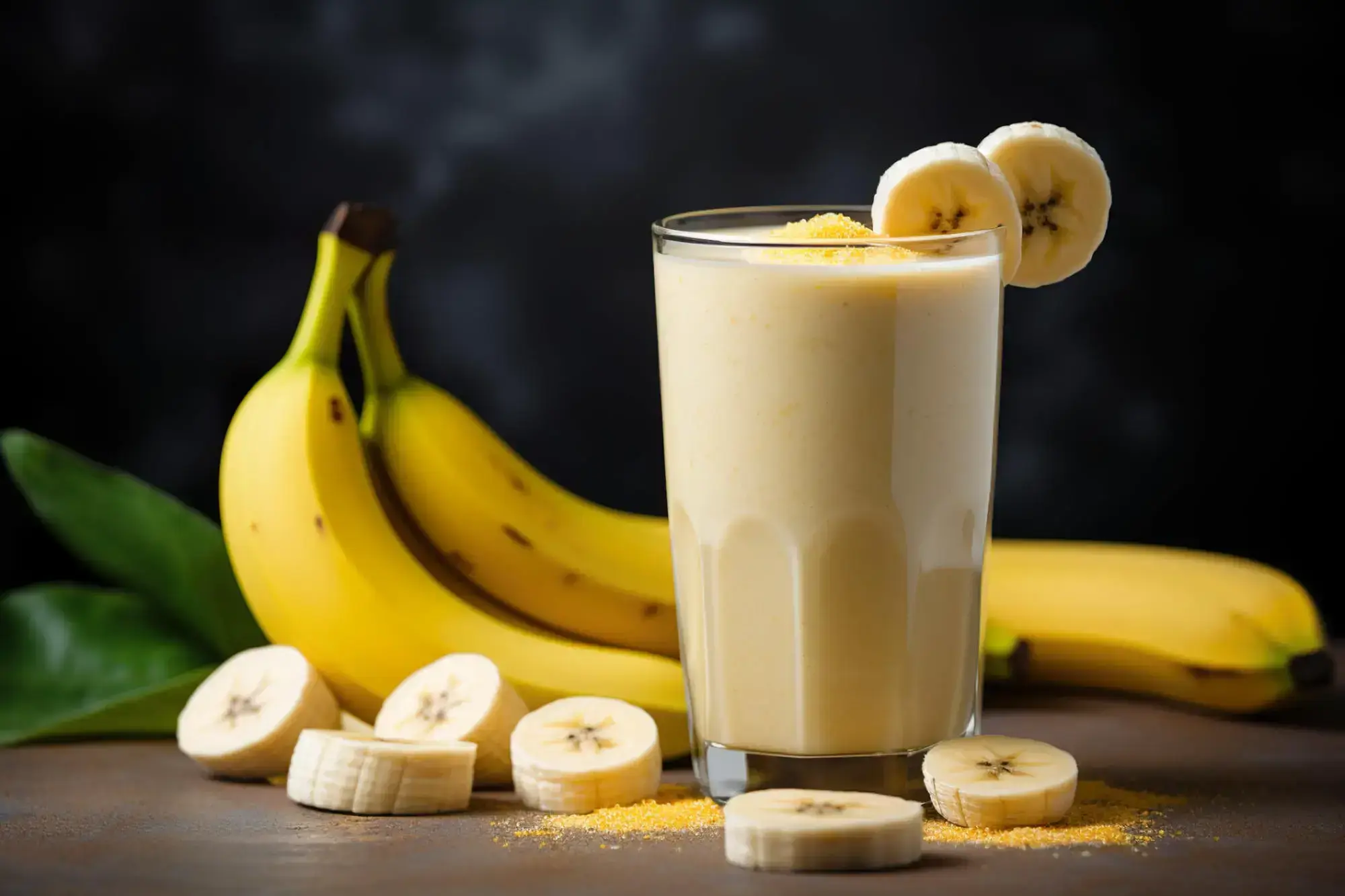Researchers have found that the enzyme polyphenol oxidase (PPO) in certain fruits like bananas can reduce the absorption of heart-healthy flavanols, especially when combined with flavanol-rich ingredients like berries. The study suggests choosing ingredients with low PPO activity, such as pineapple or oranges, when making smoothies to optimize flavanol absorption.



Ugh can’t even come to lemmy to escape real life - spent most of Monday morning denaturing/counteracting PPO in my uni food science lab!
Polyphenol oxidase is the enzyme responsible for browning in shit like apples and potatoes when cut and exposed to air.
I haven’t read the study linked in the OP yet (and I’m far too sad and intoxicated for it right now) but in other fruits/vegetables it’s pretty easy to deactivate PPO through application of some combination of Vitamin C (converts quinones back to their phenol form and reacts with oxygen before it can get to the PPO) and heat (which actually denatures the PPO enzymes).
When we were denaturing PPO in potatoes in a lab setting we simply blanched the sliced potatoes in 90°C water for 5 minutes before placing it in an ice bath until cool.
Right? Insert a little bit of lemon juice and the polyphenol oxidase shouldn’t be a problem anymore. Also, banana wouldn’t be the only problem (concerning high polyphenol oxidase activity), would it? Cut up an apple and it turns brown before you can push all pieces into a juicer. Literally, I’ve had a couple R&D projects at the juice company I used to work for and we had this small Angel Juicer and by the time all apple pieces were in, the juice was brown (provided I didn’t spritz in lemon juice at the beginning).
Submerging apple slices in water with a bit of salt prevents browning. Doesn’t change the flavour like lemon as not much salt needed.
Hey, I know I’m like two days late to reply, but you probably wouldn’t need the salt even. The polyphenoloxidase reaction is what the name suggests, an oxidation. So it requires plenty of oxygen to run, which probably is inaccessible in water, I would assume.
I actually wasn’t quite sure anymore if I had that right and when googling it, I managed to find an entire diploma thesis on the polyphenoloxidase reaction, so for anyone that’s interested in it more deeply (sorry, it’s in German aside for the abstract, which is in English, too), have fun c:
My experience is from preparing sliced apples to eat later. Dip them in slightly salted water for less than a minute and they’ll hold for quite some time. No need to carry water in the container. The salt must help create an insulation membrane against oxidation. This is all practical experience and I haven’t seen research on it.
So basically, just add a bit of lemon juice to your smoothie?
I’m not confident saying for sure without reading the actual paper - it really depends on how PPO interacts with the flavanols, but at the end of the day denaturing the PPO with heat should make it a non-issue. Keep in mind though that bananas are far from the only smoothie ingredient with PPO!